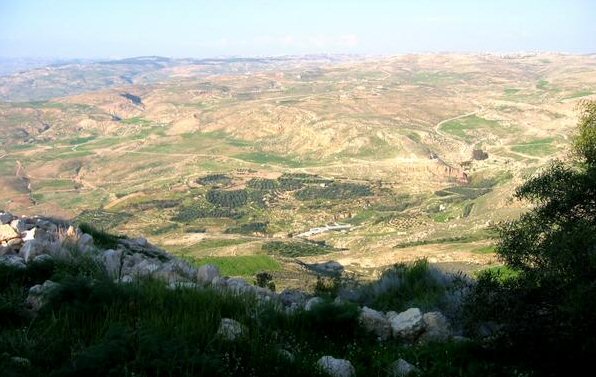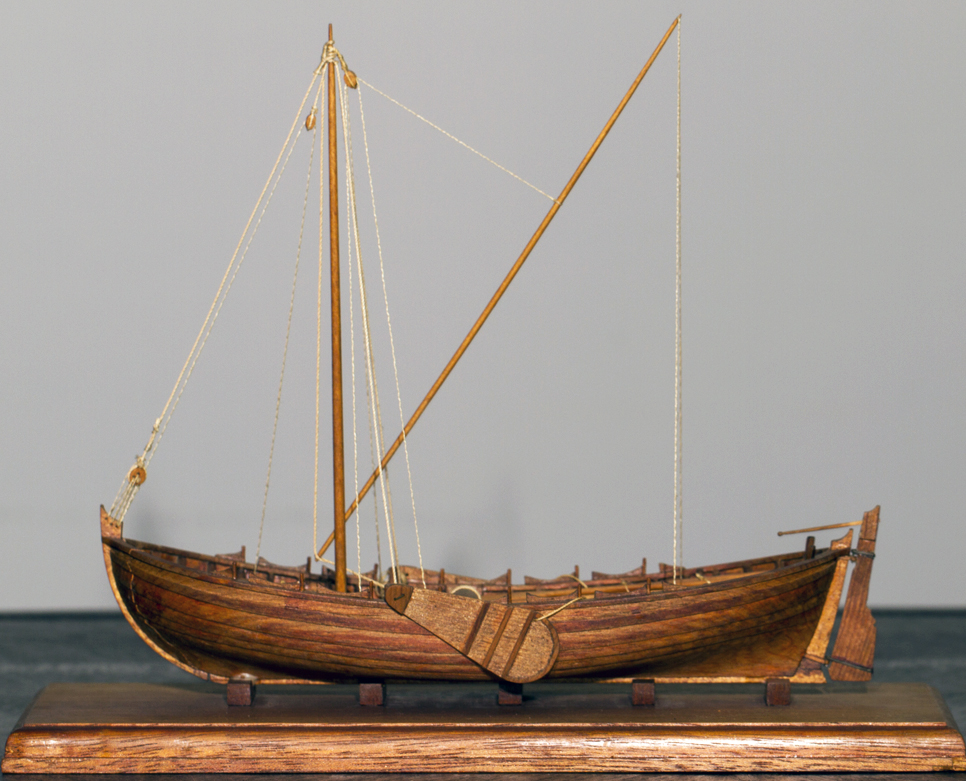A question was once, somehow or other, started between Collins and me, of the propriety of educating the female sex in learning, and their abilities for study. He was of opinion that it was improper, and that they were naturally unequal to it.
In this part of Franklin's Autobiography, this statement is one of the many references to the treatment of females at this time. Benjamin Franklin was not only a liberal when it came to Deism and science, but also with the treatment of women. In Carol Hymowitz's A History of Women in America, she mentions that maintaining the household and having children are the biggest roles and priorities of colonial women. Women often had more than five children with sometimes more than one husband. With this constant labor, it was not good for the health of both the women and children. This is why, at the time, maternal and infant deaths were so common. Benjamin Franklin defies against the ideas of domestic women's roles, encouraging women to have just as much education as men.
Hymowitz, Carol, and Michaele Weissman. A History of Women in America. New York: Bantam, 1978. Google Scholar. Web. 22 Feb. 2016. http://bit.ly/1RgJkff

